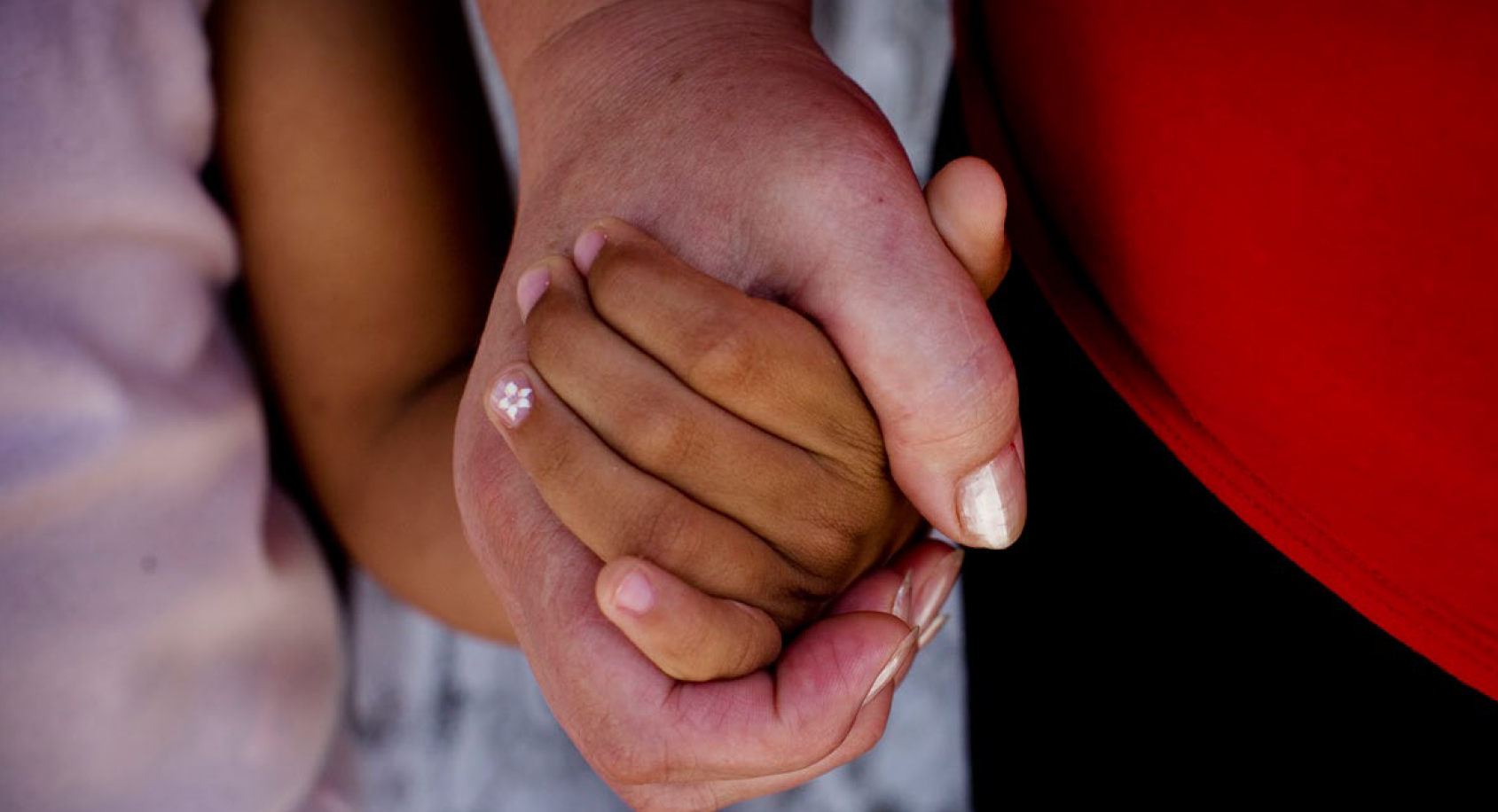Eurochild position on the European Care Strategy
Eurochild welcomes the announcement by the European Commission to develop a European Care Strategy, and the commitment by the Council of the European Union to ‘promote active and healthy ageing, as well as the accessibility, affordability and quality of childcare and long-term care, including through enhancing support for formal and informal carers.’
Eurochild supports calls from civil society actors for a ‘life-course’ and continuum of care approach, which considers care needs from infancy and throughout people’s lives. Access to, and providing, quality care across the life-cycle is part of a strong ‘social Europe’ as envisaged in the European Pillar of Social Rights Action Plan and necessary for living up to the EU Charter of Fundamental Rights.
While the delivery of care is a national competence of Member States, and national models differ, there are commonalities across countries. Therefore, as an EU-wide vision of care could improve access and quality, ensure that the needs of individuals, families and communities are met, and that the dignity and rights of carers and those being cared for are upheld.
The Covid-19 pandemic has put unprecedented strain on the delivery of care, both formal and informal, impacting all age groups. Children and families have been profoundly affected, with particular disruptions to childcare, early childhood education, child protection services, care for children in alternative settings and children with disabilities
and special educational needs.
Summary of our recommendations for a strategy that:
- Sets out a comprehensive, positive, ambitious and life-cycle approach to care across the EU.
- Identifies ways to ensure more public investment in early childhood education and care.
- Supports the development of community-based strengthening programmes and day- care centres for children and families at risk to prevent separation of children from their families.
- Sets out a clear vision and roadmap for ending institutional care for all children and transitioning to quality family and community-based care.
- Recognises the role of young carers, understands and supports their needs and ensures their participation in all decisions which affect them.
- Sets out ways to ensure that care workers are adequately recognised, supported and remunerated.
- Supports improved data collection on formal and informal care across the EU.
- Ensures the meaningful engagement with all relevant stakeholders.





